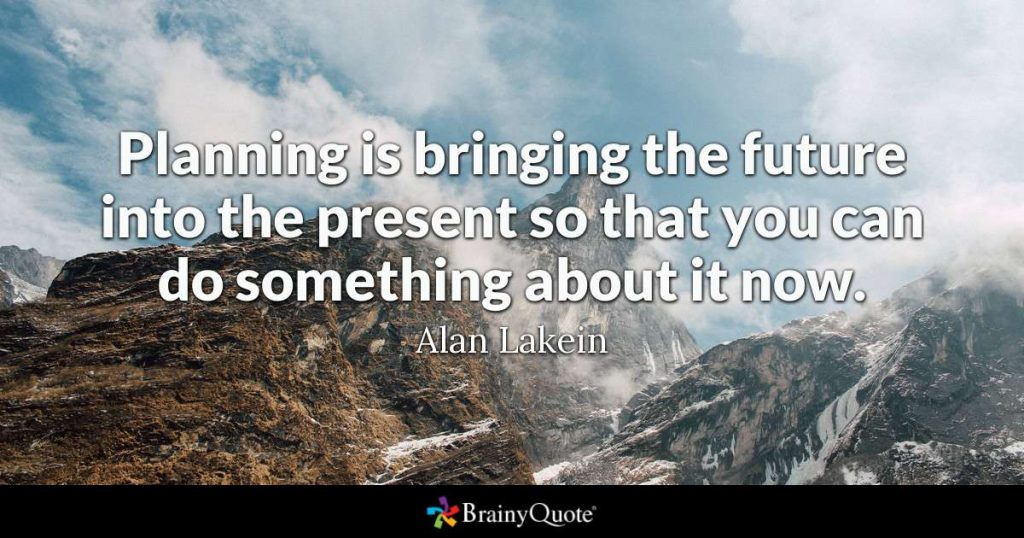
alking about future plans is challenging in English because we use different verb forms and tenses. In this post you’ll learn how to talk about your plans for the weekend. You’ll learn when to use the present continuous, be going to, and will. You’ll also learn why ‘gonna’ is NOT a proper or acceptable written word!
How do you answer these questions?
What are your plans for the weekend?
What are you doing this weekend?
STOP!
Before you answer the above questions, you need to ask yourself some questions:
1) Do you have definite plans? Have you already made arrangements to do something?
Use the present continuous! This tense is used when you know exactly what you are doing on the weekend (notice that the present continuous is used in the question, “What are you doing this weekend?”):
I‘m working this weekend.
My sister is getting married on Saturday!
I‘m going shopping with my friends.
We‘re having a party at our place Saturday night!
I‘m meeting my parents for dinner tomorrow.
I‘m taking my cat to the vet for his annual checkup!
I‘m going to the U2 concert!
(*note that this is NOT the ‘be going to‘ future! This is simply the verb ‘go’ used in the present continuous!)
In the above examples, it is not necessary to use future time words (this weekend, on Sunday, tonight, tomorrow) because we already know from the question that you are talking about the future. If it is not clear from the context of the conversation that you are talking about the future, then you need to use future time words.
2) Have you decided to do something or do you intend to do something, but you don’t have definite plans yet?
Use the be going to future. It is used to express a plan. Think of be going toas a modal verb – it is always used with another verb.
I‘m going to clean my entire house this weekend!
I‘m going to finish my book report and then meet my friends for dinner!
We are going to look for a new car!
You’ll notice that I have NOT used the horrible, horrible word ‘gonna‘ in the above examples. This is because ‘gonna’ is NOT a proper English word! It is the sound that native speakers make when they say ‘going to’ (in the be going to future and before another verb) but it is NOTa proper written word. In fact, when you write this word, it makes you look unprofessional and uneducated.
I don’t know why people learning English like to use this word so much – they use it more than native speakers do! It’s a very bad habit that you need to get out of. (When native speakers write this word, it is usually when they are imitating what someone said.)
3) Are you still thinking about what you want to do this weekend?
Use the future simple (‘will‘) for a decision you make at the moment of speaking (the moment someone asks you “What are your plans for the weekend?”)
Remember, will is like a modal verb and is used with another verb.
I don’t know what I’m doing this weekend. I think I’ll call Anne and see what she’s doing.
I think I’ll try to get a ticket for the U2 concert on Sunday.
*Will is also used in the 1st conditional (the future possible/real conditional):
If the weather is nice this weekend, I‘ll take my family to the park.
If I finish my homework by Saturday night, I‘ll go to Amber’s party.
*Shall is not used in North American English.
Now you can answer the question “What are you plans for the weekend?” or “What are you doing this weekend?“
Thanks for your useful education and your effort in learning English. I appreciate you.